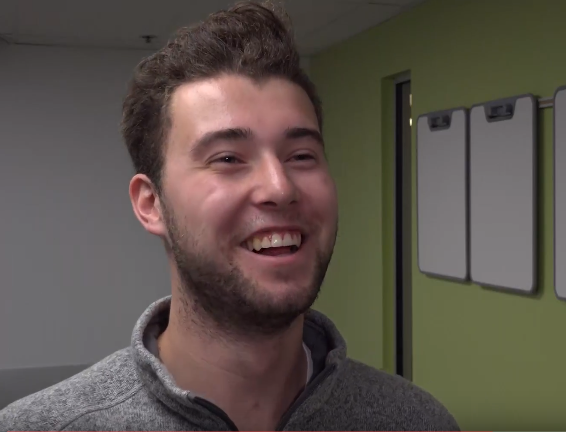Anthropology Students “Live Their Way” Into a New Way of Thinking

The Department of Anthropology recently changed the course Introduction to Cultural Anthropology (ANTHROP 2202), which has been taught for almost as long as the department has been around, by no longer requiring a traditional experience of buying a textbook or taking exams. Instead, students engage in experiential learning activities and live their way into a new way of thinking – an anthropological way of thinking.
To achieve this new way of learning, Associate Professor Mark Moritz and Graduate Teaching Assistants in the Department of Anthropology used an Affordable Learning Exchange (ALX) grant to redesign the course and integrate existing online resources into CarmenCanvas.
Read how the Department of Anthropology transformed a conventional introductory course into a radical learning experience that now saves students between $25,000 and $75,000 annually. You can also hear from students directly as they discuss their experience in this video.
Q: Can you tell me why you chose to pursue an ALX project?
We received the grant for redesigning ANTHROP 2202, a general education course, for about 750 undergraduate students each academic year. It used to be a traditional lecture class, but last summer I came across ANTH101, an innovative online anthropology course from Michael Wesch, an award-winning anthropology professor at Kansas State.
The premise of the ANTH101 course is that you cannot think your way into a new way of living; you have to live your way into a new way of thinking. Listening to lectures, memorizing facts and regurgitating them on an exam is not the most effective strategy to change the way students think.
The new course is organized as a flipped classroom in which students complete readings and quizzes before they come to class. This means that they come to class prepared to engage in discussions. More importantly, over the course of the semester, students complete ten challenges and write up reflective essays about their experiences and how these connect to anthropological ways of thinking. The challenges range from interviewing a stranger, trying a new habit or losing an old one, to writing their own hero story and using the framework of the hero story to analyze their own life.
Q: How was the ALX grant used?
I used the grant to support a graduate teaching assistant who helped me transfer and adapt Wesch’s ANTH101 course materials to our ANTHROP 2202 course. It was a lot of work. We had to set everything up in Carmen, edit everything, create rubrics for the assignments, etc.
Moreover, the work is still not done. The ANTH101 is updated constantly by Wesch and we continue to learn from our experiences here at Ohio State. Every semester I meet a couple of times with GTAs who are teaching the course and we talk about the course, what’s not working and what assignments we should change. It’s a work in progress. Spring 2019 is the second semester we’ve taught the new course, and the GTAs are becoming much more familiar with the course and the new way of teaching and thinking about teaching.
Q: Have students given feedback about the new course?
Every semester, we use an informal midterm evaluation in the introductory classes and ask students three questions: (1) what helps their learning; (2) what hinders their learning; and (3) what changes can we make to help them learn. Overall, these informal evaluations and the SEIs have been positive and indicate that we made the right decision when we redesigned the course.
We also interviewed a few students to make a couple of videos about the course, including one for future students to explain what they could expect – since it is no longer a conventional intro course. The students we interviewed were excited and when they described what they got out of the course, it was actually what we wanted them to get out of the course! One student said it was a life-changing course, and as a teacher you always want to hear that. It is evidence that the new design is effective and that our graduate teaching assistants are doing an excellent job.
Q: Has this project made a difference for you as a professor?
I participated in UCAT’s Course Design Institute many years ago and since then I have been using backward course design. This means that I start by asking myself, “What do I want students to be able to do when they finish the course?” I then work my way back. In order for students to be able to do that, how do I assess whether they learned that or not, and how do I train them to learn those things? I use backward design for the courses that I teach, but also for changes that we are making in our undergraduate and graduate programs.
Q: Do you believe applying for the ALX grant was worth it?
Definitely. It was important to have the institutional support from ALX and the department, to make a radical change in the way we teach introduction to cultural anthropology. Moreover, the folks from the ALX program put us in contact with all the experts and services on campus--for example to help with course design, the Carmen site, accessibility and video production.
Q: What advice would you give to anyone applying for an ALX grant?
The ALX program not only offered financial support but also technological and pedagogical support to improve the course. The ALX program allowed us to really take it up a notch and make radical changes.
Q: Is there anything else you’d like professors reading about the ALX program to know?
I would highly recommend everyone to consider applying for an ALX grant. The ALX program supports a wide range of different projects. The ODEE staff are extremely useful.





